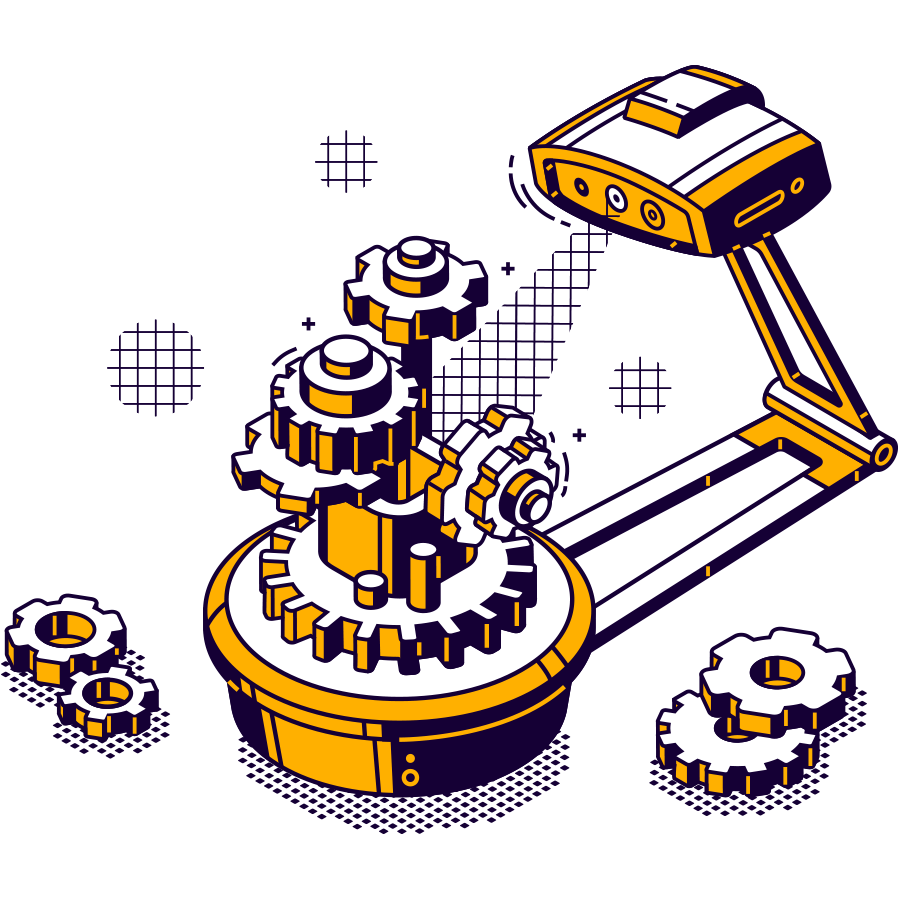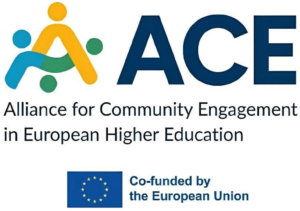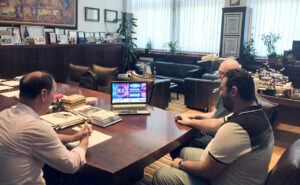
The University of Belgrade. Faculty of Mechanical Engineering.
Mechanical Engineering
Title Master of Science (M.Sc. from the Latin Magister Scientiæ) will be stated in Diploma certificate of Master studies (ECTS 120). A Diploma Supplement will contain a list of courses the student has attended and passed exams in, as well as the name of the obligatory specialization module from a certain department he/she has taken and completed. Abbreviations: M.Sc.ME or MSc ME.

Trending
- 07 / 09 : Professors Zrnić and Mišković Presented the ACE Erasmus+ Project to the Dean of the Faculty of Mechanical Engineering
- 07 / 04 : Results of the Erasmus+ Project BE21SKILLED presented to the Management of the Faculty of Mechanical Engineering
- 06 / 18 : A new generation of of young leaders: Skills for a better future
- 03 / 06 : Building R&D capacities for zero carbon emission Internal Combustion Engines in the transport sector
- 02 / 14 : The Student Excellence Centre
 Српски
Српски















